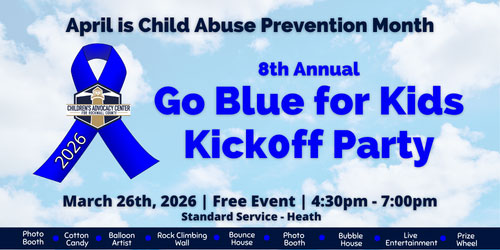Inside each of us is a natural clock that tells us when to sleep and when to wake. Exposure to light and darkness help set the clock. When you travel across time zones, change shifts at work or even stay up or awaken later or earlier than usual, your inner clock can go awry.
According to the National Heart, Lung and Blood Institute, cutting back your sleep by even one hour may make it difficult to focus the next day and slow your response time. Lack of sleep may lead to difficulty making decisions and risk-taking behavior.
“Inadequate or inferior sleep also can have serious health consequences,” explains Dr. William Leslie, board certified sleep medicine physician at the Lake Pointe Sleep Center. “Poor sleep habits can increase your risk of developing high blood pressure, heart disease, weight gain, diabetes and other medical conditions.”
How Your Inner Clock Works
Your circadian clock begins with a bundle of cells in the brain that control your sleep patterns. Due to this clock, most people feel sleepy between midnight and 7 a.m. and again from 1 p.m. to 4 p.m. Your inner clock also controls your body temperature and certain hormone levels. For instance, deep sleep cycles trigger a release of growth hormone, which fuels a child’s development and tells our body to build muscle mass and repair cells and tissues in our body. Sleep-related hormones also control how your body uses energy.
Your environment helps set your inner clock. Exposure to light and darkness send signals to your brain about when you should sleep. Other cues for your inner clock include when you eat and exercise. If you exercise just before bedtime or have a large meal late at night, you could disrupt your inner clock.
Symptoms of Circadian Rhythm Sleep Disorders
If you have ever had to stay up late to study for a test or finish a project, you have probably experienced some of the symptoms of a circadian rhythm sleep disorder. These symptoms can include:
- Having problems getting to sleep
- Struggling to stay asleep or waking frequently
- Waking up too early and not being able to resume sleep
- Feeling tired or not rested when you wake up
“Circadian rhythm sleep disorders can be temporary like when you have to travel across different time zones (jet lag) or changing to a different shift at work,” explains Dr. Jessela Tan, medical director and board certified sleep medicine physician at the Lake Pointe Sleep Center. “These temporary changes may be addressed with lifestyle changes. Some people develop chronic sleep problems related to circadian rhythms and may need medical treatment to help them restore their inner clock’s sleep patterns.”
Treatments for Circadian Rhythm Sleep Disorders
If you are having problems with your sleep cycle, you may be able to make some lifestyle changes to get back into a regular pattern. Sleep experts recommend that individuals:
- Maintain a regular sleep schedule even on weekends.
- Exercise earlier in the day and at least two to three hours before bedtime.
- Avoid caffeine and nicotine, which act as stimulants.
- Do not eat large meals or drink too many fluids late at night.
- Limit naps and do not nap after 3 p.m.
You also should avoid medications that might disrupt your sleep patterns. Discuss any medication changes, especially for prescribed medicines, with your physician.
Problems with sleep patterns also can be treated with bright light therapy. This treatment exposes you to safe levels of an intense, bright light at certain times during the day to give your body cues on when to sleep and wake.
Some studies indicate that melatonin may help maintain your body’s inner clock. However, you should discuss it with your physician to make sure that it won’t interact with any prescribed medications.
 If you have continued problems with sleep, talk to your doctor. Sleep is an important part of our lives and our health. You also can call the Lake Pointe Sleep Center at 1-866-525-LPMC (5762) to schedule a consultation with one of our board-certified sleep medicine physicians or for information on sleep disorders and treatment programs.
If you have continued problems with sleep, talk to your doctor. Sleep is an important part of our lives and our health. You also can call the Lake Pointe Sleep Center at 1-866-525-LPMC (5762) to schedule a consultation with one of our board-certified sleep medicine physicians or for information on sleep disorders and treatment programs.
Information submitted by Lake Pointe Medical Center.
To submit your news and events, email editor@BlueRibbonNews.com.






